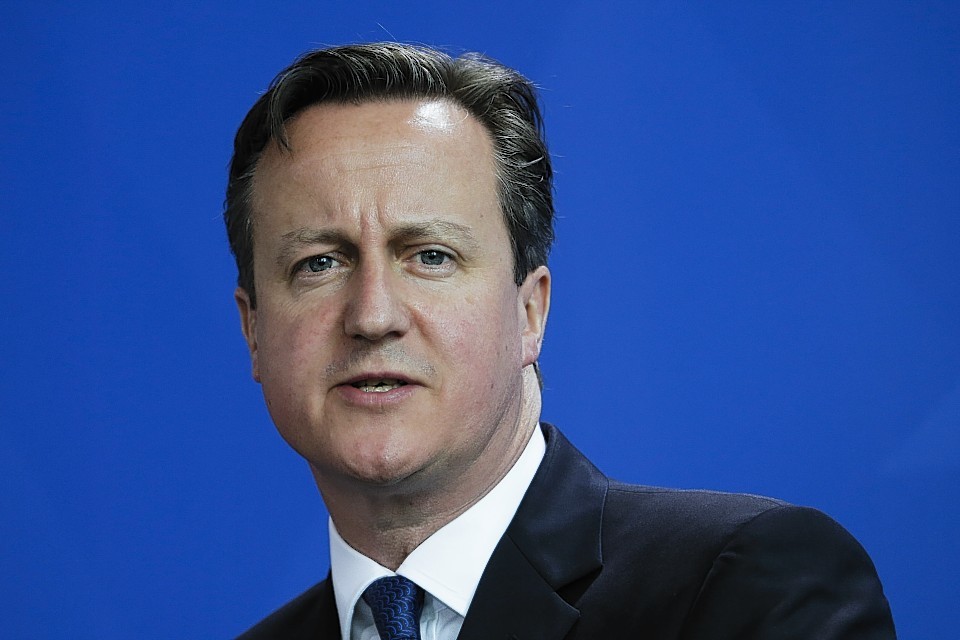Business groups in Scotland have called on the UK government to “up its game” on clarifying its plans to renegotiate Britain’s place in Europe.
The Scottish Chambers of Commerce (SCC) said the importance of exports worth over £12.9billion to European Union states meant any changes that are currently being negotiated by Prime Minister David Cameron must not disrupt trade.
The call came after chamber revealed about three-quarters of Scottish businesses would vote to remain in the EU if an “in-out” referendum on Britain’s continued membership of the EU took place tomorrow.
In a poll of its membership, 73.5% said they would vote to remain a member, with 13.5% stating they would vote to leave.
About 12.5% are still unsure how they will vote while about 0.5% say they would not cast a ballot.
Large companies were the most supportive of membership, with 90.5% in favour of the EU, compared to 79.2% for medium-sized and 71.8% for small businesses.
A poll of members of the Aberdeen and Grampian Chamber of Commerce (AGCC) revealed similar figures. Seventy-four per cent of north-east respondents said they would vote to remain in the EU, with 11.5% saying they would vote to leave and 14% saying they did not know how they would vote.
The polls showed that Scottish businesses tended to be less eurosceptic than than the rest of the UK, where 63% would vote to remain in the EU and almost 27% would vote to leave.
According to businesses in Scotland, the main focus of Mr Cameron’s proposed reforms should be on gaining greater powers for the UK Parliament to block proposed EU legislation, allowing the UK to opt out from “ever closer union” between EU member states and gaining greater control over migration.
Liz Cameron, chief executive of the SCC, said: “Currently, 27% of respondents said that they were completely unfamiliar with the content being proposed within the renegotiation package, with a further 43% only a little familiar with it.
“With Scottish businesses exporting over £12.9billion of goods and services throughout the European Union, it is important that any change does not disrupt our ability to continue to trade and grow this market, creating wealth and jobs.
“The UK Government must up its game in terms of communicating with and listening to businesses on this vital issue.”
James Bream, research & policy director at AGCC, said: “We have found that members are uncertain on what the Prime Minister is actually negotiating on and what the outcome will be”.
“That is not acceptable but it does enable us to support members by highlighting the important issues and the potential outcomes.
